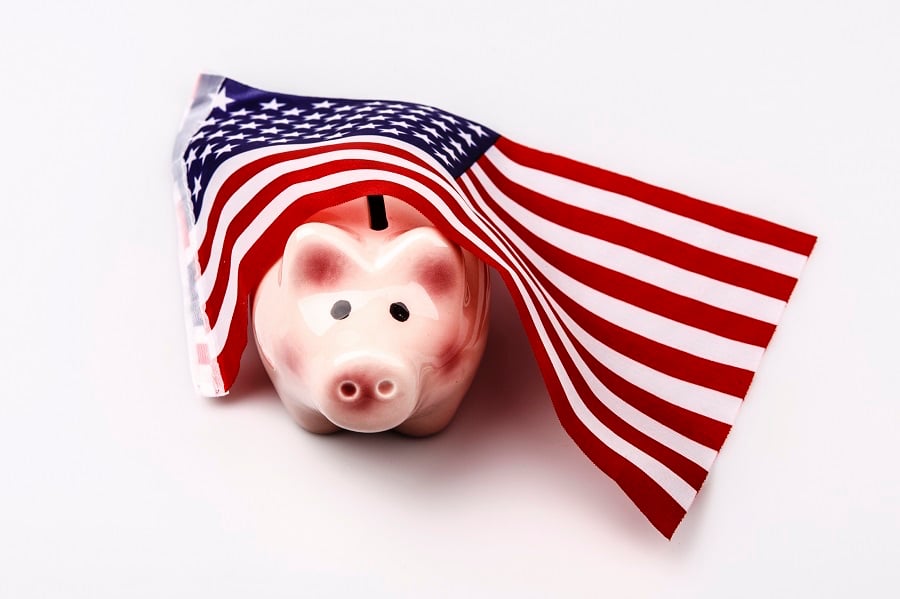

Retirement security remains an elusive goal for many Americans, and the economic fallout from the COVID-19 pandemic has highlighted the shortcomings of the most common workplace retirement benefit: defined-contribution plans like 401(k)s.
Statistics on Americans’ retirement savings were already grim. A 2019 report from the Government Accountability Office found almost half (48%) of families headed by someone age 55 or older had no retirement savings at all.
Workers at companies that offer a 401(k) plan can set aside a portion of each paycheck to be invested in funds they have selected; their employers may or may not provide a contribution. But the massive layoffs occurring across the country mean many workers will no longer have the option of contributing to a 401(k), if they had one. (About 30% of U.S. private-sector workers don’t have access to a 401(k), according to the Pew Charitable Trusts.)
In fact, the tens of millions of people who just lost their jobs or had their hours or wages reduced may need to tap into their 401(k) accounts to make ends meet. Such leakage from plans has always been a threat to retirement savings, and that threat has now been exacerbated by the CARES Act. To help those who fall ill or lose their jobs, the legislation made it easier for workers to borrow or withdraw funds from retirement plans.
The CARES Act eliminates the usual 10% penalty for withdrawing money from a 401(k) before the age of 62½ for plan participants who have been ill or are in economic distress. And it doubled the limit on loans from 401(k) plans, to $100,000, for such participants. (The law extends the loan repayment period to six years, but it seems likely at least some borrowers may not have the wherewithal to pay back the loan.)
Families who are dealing with serious illness or unemployment may need to access the money in their 401(k) if that’s all that they have saved. But relying on those savings is likely to erode their future retirement security.
In another hit to retirement savings, some companies are cutting their contribution to workers’ 401(k)s amid the economic downturn. A Plan Sponsor Council of America survey released last Tuesday showed that 16.3% of the companies surveyed plan to suspend matching contributions, while another 8.7% will reduce their contribution.
The fees that workers are charged can also limit the amount they save for retirement, although such expenses have been declining for the last decade or so. But as InvestmentNews reporter Emile Hallez pointed out in a recent story, since fees are tied to the amount of a plan’s assets, and those assets are likely to decline both as the result of the market sell-off and as workers borrow or withdraw from their accounts, fees are likely to head higher.
There are proposals out there that could help Americans do a better job of saving for their retirement. For example, adding emergency savings funds to companies’ benefits lineups could provide a cushion for workers’ 401(k) savings. And states’ efforts to implement auto-IRA programs could reduce that 30% of private-sector workers who don’t have access to a retirement plan.
As the industry most attuned to the topic of retirement income security, financial advisers should support such efforts to improve workplace retirement plans.

Rajesh Markan earlier this year pleaded guilty to one count of criminal fraud related to his sale of fake investments to 10 clients totaling $2.9 million.

From building trust to steering through emotions and responding to client challenges, new advisors need human skills to shape the future of the advice industry.

"The outcome is correct, but it's disappointing that FINRA had ample opportunity to investigate the merits of clients' allegations in these claims, including the testimony in the three investor arbitrations with hearings," Jeff Erez, a plaintiff's attorney representing a large portion of the Stifel clients, said.

Chair also praised the passage of stablecoin legislation this week.

Maridea Wealth Management's deal in Chicago, Illinois is its first after securing a strategic investment in April.
Orion's Tom Wilson on delivering coordinated, high-touch service in a world where returns alone no longer set you apart.
Barely a decade old, registered index-linked annuities have quickly surged in popularity, thanks to their unique blend of protection and growth potential—an appealing option for investors looking to chart a steadier course through today's choppy market waters, says Myles Lambert, Brighthouse Financial.
